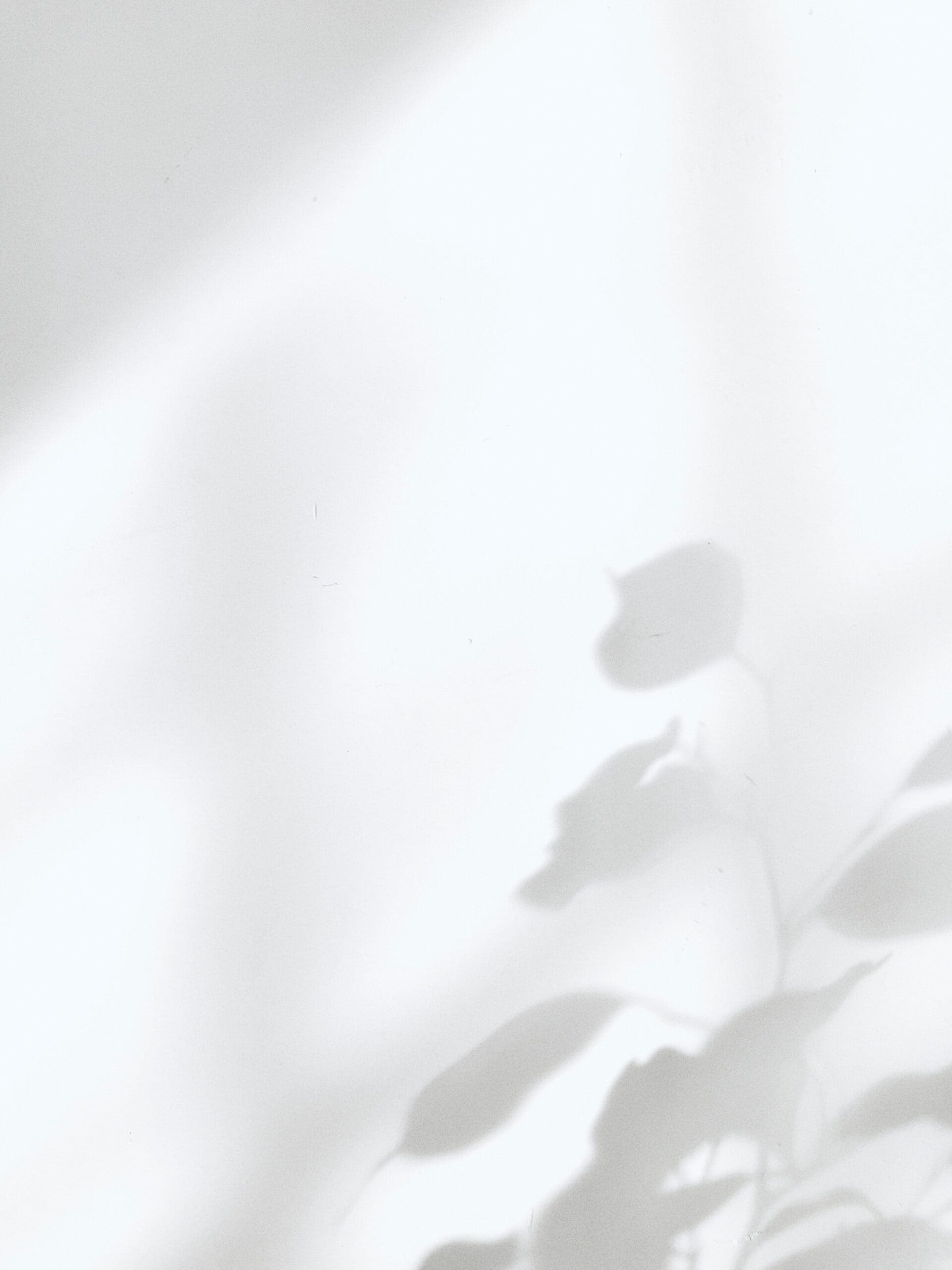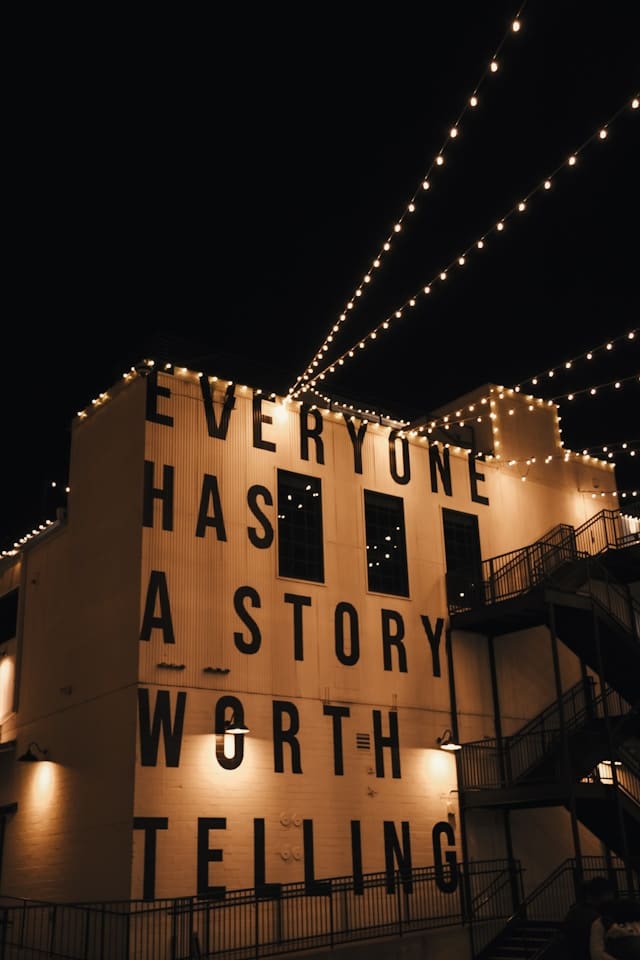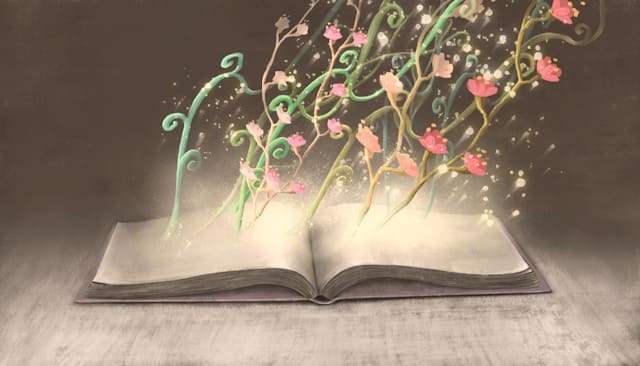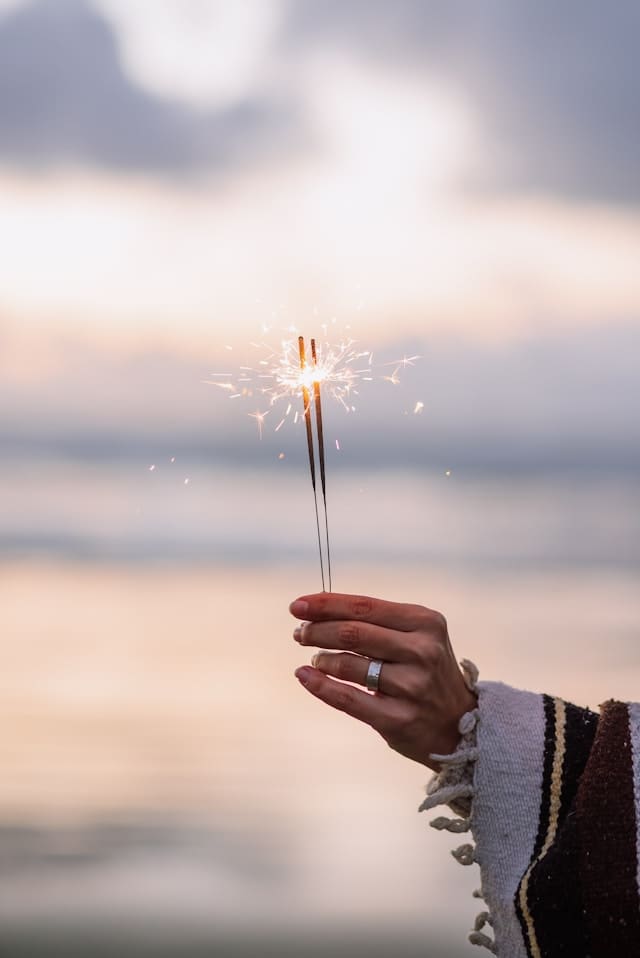By Dr. Femke E. Bakker
When You Feel Too Much
You walk into a room and instantly sense something is off.
The conversation sounds light, but you can feel the shift in someone’s mood like a change in air pressure. And without meaning to, your mind starts circling:
Did I do something? Is it about me?
For years, I lived in that question. As a highly sensitive person, if I sensed friction or an unspoken sadness, I assumed I’d caused it. When emotions rose in me, the quick tears during a tense talk, the heaviness after an argument, I saw them as proof I was too much. Too emotional. Too sensitive.
It took me a long time to realize: most of the time, it wasn’t about me at all. And even when it was, my emotions were not a flaw. It took me quite some years to realize they are a compass.
What Sensitivity Really Is
Sensitivity isn’t just “feeling a lot.”
It’s picking up on the subtle shifts in tone, the unspoken dynamics, the energy in a room.
Being deeply touched by music, any music, just like that.
It’s knowing that a crowded, noisy party will leave me wrung out, and that I’d rather have a long one-on-one conversation than small talk with twenty strangers.
It’s also being deeply affected by friction in relationships. For me, that used to mean either holding everything in (and feeling worse) or letting emotions spill out before I could find the words. Both left me feeling too vulnerable.
The Turning Point
The moment that shifted everything came from my partner. One day, in the middle of me apologizing for being “too sensitive,” he said:
Your sensitivity is your strength. I wish I could feel things as clearly as you do.
In that moment, I felt his love not despite my sensitivity, but through it.
It made me see what I’d missed for so long: my emotions weren’t something to hide. They were telling me something. They were guiding me.
Why Being a Highly Sensitive Person Is Not a Weakness
One of the most damaging myths about sensitivity is that it’s fragile, irrational, or something to overcome. I hear this often in my membership from people and I’ve lived it myself.
But sensitivity is part of being fully human. When you know how to work with it, it sharpens your self-awareness, strengthens your relationships, and helps you live in alignment with your values.
The problem isn’t sensitivity. The problem is the stories we attach to it. The ones that say you shouldn’t feel this way or no one else is reacting like this, so you must be wrong.
And actually, research backs this up: highly sensitive people have stronger empathy responses and greater emotional awareness.
How Selfgentleness Changes Everything
For a highly sensitive person, selfgentleness is the foundation that turns emotional overwhelm into insight. Selfgentleness – the practice of radically accepting yourself as the most important person to consistently deserve your own gentleness – is what helped me reclaim my sensitivity.
It means:
- Listening instead of dismissing what I feel
- Allowing emotions without blame (for myself or others)
- Choosing my environments with care
- Pausing before responding, so I can meet my needs first
For example:
- If I sense tension with someone, I stop and open up. I then name it consciously: I’m sensing something. Is it about me? If not, I’ll leave you be, but I’m here if you want to talk.
- When music stirs deep feelings, I choose the songs that nourish rather than deplete me.
- If I feel emotional in a conversation, I give myself permission to step away until I can speak clearly.
A First Step for You
If you’ve ever wished you didn’t feel so much, start here:
Each day, take two minutes to tune in. Ask yourself:
- What do I not want right now?
- What do I want?
- What do I need?
You may not meet every need immediately. But simply noticing them and promising to return to them later is the beginning of building trust with yourself.
If you’re a Highly Sensitive Person, remember this:
Sensitivity is not a flaw to manage. It’s a source of wisdom, connection, and authenticity if you meet it with selfgentleness. The more you listen to your feelings and senses, the more it will guide you back to yourself.
If you’d like a simple place to start, I’ve created the Selfgentleness Starter Guide. It explains the Tuning in practice in detail and it comes with a 10 minute meditation to support you during tuning in.
Be selfgentle. Be sensitive. You’re exactly right as you are.
All love, Femke





